Chris Searle – Talking the Groove: Jazz Words from the Morning Star
(Jazz in Britain, Book 394pp and double CD. £16.99. Book review by Jon Turney)

“When we think of ‘jazz’, we’re thinking of music that was, from its beginnings, a radical act of resistance against some of the most brutal and dangerous parts of American life.” Chris Searle quotes these words of US pianist Cory Smythe with approval, as you might expect from the long-time jazz writer for the Morning Star.
Searle’s personal encounters with jazz stretch back to the 1960s, and he has been writing about it for the Star for nigh on thirty years. His latest book collects short pieces, nearly all reviews of recordings or live shows, from the last decade or so. His combination of political commitment and aesthetic preference – which leans toward the freer varieties of jazz – produces a personal transect through the jazz landscape that features much of musical interest while raising a more general question.
That question, I suppose, is what does jazz stand for now? Smythe’s historical claim about its origins seems beyond dispute, but Searle is determinedly interested in what political inspiration the music can offer the contemporary listener. That depends on individual musicians, as well as audiences. His gentle probing of artists – he’s in the habit of talking to the players whose work he reviews – throws up a variety of possible answers.
There is music that is political in virtue of simply existing, as Smythe suggests. One might feel the same about the jazz played by South Africans in exile from Apartheid, for example. And there is new work that gets a Searle thumbs-up from explorers of Afro-Caribbean history who are explicitly political, like Wadada Leo Smith’s oratorio for Rosa Parks. When the words are not in the music, they can be offered alongside, as in Shabaka Hutchings’ scene-setting for Sons of Kemet’s My Queen is a Reptile, also quoted here: “your history is not pure, your empire is not whole, your conscience is not clean, your money was printed in blood…. Your Queen is not our Queen.”
Not yet a subscriber of our Wednesday Breakfast Headlines?
Join the mailing list for a weekly roundup of Jazz News.
Beyond that, perhaps the music has qualities that noted bassist Olie Brice celebrates, when he suggests in an interview with Searle that: “creating art contributes to making the world better, inspiring experiences that have not been mediated through capitalism and interacting in a way that challenges hierarchies, valuing art and some notion of truth, energy or spirit above money and readily packed culture. Engaging with this opens hearts and minds.”
That seems too general, though. As well say that worthwhile art is an act of radical optimism in the face of the human condition. Possibly true, but not much use as a clue to why an artwork is good or bad.
Is there then a political space for jazz somewhere in between these positions of explicit agitation or deep, oblique inspiration? If so, it’s marked, for some, by a democratic quality about group improvisation that has more general salience. As Mike Westbrook, who also introduces the book, puts it to Searle, “A jazz performance, with its balance between individual freedom of expression and collective responsibility, is always in a sense political.”
Well, let’s hope so. There’s plenty of other comment here to help the reader come to their own view – whether, for instance political radicalism promotes good music or (less likely, I fear) good music can help instigate political change. And although Searle highlights the possibility of political engagement whenever he can, he does not insist on it. When Andrew McCormack’s response to a question about his aims is, “It’s enough for me to deal with the musical ideas”, he does not demur.
In the end, it’s a book from a devoted listener and as a listener Searle is pretty astute. Descriptions of the recordings I have check out, and there are plenty more I’ve not heard that are enticingly presented. You can get a good sense of Searle priorities from the fact that the vast majority of the live reviews are from shows at London’s Cafe Oto or its Dalston neighbour The Vortex. Other venues are visited, but it’s the UK and visiting players who feature at those two who dominate the selection. Mark Sanders, the brilliant, ubiquitous, free-playing percussionist, appears in these pages more than any other musician.
The coverage is broad, though. Publishers Jazz in Britain have managed to squeeze several hundred short pieces between two covers. It’s a book to dip in to rather than read through as the pieces in bulk become somewhat formulaic, but Searle’s enthusiasm is undiminished throughout. He only occasionally falls into critical cliche, though there is some repetition: and Searle has definitely used his lifetime quota of the words “palaver” and “troubadour”.
Like any decent jazz book in the age of streaming, it’s also an invitation to listen anew. Jazz in Britain are packaging the paperback with a couple of CDs of previously unheard archive recordings from people Searle is particularly devoted to – John Stevens, Chris McGregor’s groups, Trevor Watts, Keith Tippett – though these items mostly date from much earlier than the music in the book. (TRACK LISTING BELOW)
No matter, as the more recent stuff – and the publishers manage to include several pieces from earlier this year in this collection – is readily available online. None of the many individual pieces take more than two or three minutes to read, but any of them could lead the curious to hours of satisfying listening. So a final caution: don’t be tempted to adopt this as a bedside book, unless you are prepared for chronic sleep deprivation.
Jon Turney writes about jazz, and other things, from Bristol. / jonturney.wordpress.com
TRACK LISTING FOR THE ALBUMS
CD1
John Stevens Septet – BBC Jazz Club, 20 December 1965
Kenny Wheeler – flugelhorn; Chris Pyne – trombone; Ray Warleigh – alto sax; Alan Skidmore – tenor sax; Mike Pyne – piano; Ron Mathewson – bass; John Stevens – drums.:
- Number Three (Pyne) 7:20
- Sixes And Sevens (Wheeler) 7:08
Chris McGregor Group – BBC Jazz Scene, 13 August 1967
Mongezi Feza – trumpet; Dudu Pukwana – alto saxophone; Ronnie Beer – tenor saxophone; Chris McGregor – piano; Dave Holland – bass; Laurence Allan – drums
- Sabendye Baye (McGregor) 0:35
Chris McGregor Group – Ronnie Scott’s, London, 31 December 1967
Mongezi Feza – trumpet; Pat Higgs – trumpet; Mick Collins – trumpet; Malcolm Griffiths – trombone; Chris Pyne – trombone; Jimmy Phillips – soprano saxophone; Dudu Pukwana – alto saxophone; Mike Osborne – alto saxophone; Ronnie Beer – tenor saxophone – John Surman – baritone saxophone; Chris McGregor – piano; Dave Holland – bass; Alan Jackson – drums
- New Year Carnival (McGregor) 10:39
Chris McGregor Sextet – BBC Radio 3, 25 September 1968
Mongezi Feza – trumpet; Dudu Pukwana – alto sax; Ronnie Beer – tenor sax; Chris McGregor – piano; Dave Holland – bass; Louis Moholo – drums
- Sun Song (McGregor) 7:45
Brotherhood Of Breath – BBC Jazz In Britain, 2 November 1970
Harry Beckett – trumpet, flugelhorn; Mongezi Feza – bamboo flute; Mark Charig – cornet; Malcolm Griffiths, Nick Evans – trombones; Dudu Pukwana – alto sax; Mike Osborne – alto sax, clarinet; Alan Skidmore – tenor, soprano sax; Ronnie Beer – bamboo flute; Chris McGregor – ballaphon; Harry Miller – bass; Louis Moholo – drums
- Night Poem (McGregor) 16:24
Splinters – BBC Jazz Workshop, 28 December 1972
Kenny Wheeler – trumpet, flugelhorn; Trevor Watts – alto sax; Tubby Hayes – tenor sax, flute; Stan Tracey – piano; Jeff Clyne – bass; John Stevens – drums
- Six Piece Group Improvisation 23:31
CD2
Trevor Watts – Rock Against Racism Festival, The Pig in Paradise, Hastings, late 1980
Trevor Watts – alto sax; Simon Picard – tenor sax; Colin McKenzie – bass guitar; Liam Genockey – kit drums; Nana Tsiboe – talking drum
- Saalfelden Encore (Watts) 18:21
Bruce Turner Quartet – Jazz Against Racism, The Garage, Sloane Square, London, 1980
Bruce Turner – clarinet & alto sax; Michael Garrick – electric piano; Dave Green – bass; Alan Jackson – drums
- How About You? (Lane/Freed) 9:51
- Too Marvellous For Words (Mercer/Whiting) 10:04
Mujician – Live at The Albert, Bristol, 12 September 1993
Paul Dunmall – tenor sax; Keith Tippett – piano; Paul Rogers – bass; Tony Levin – drums
- Live At The Albert (23:06)
Trevor Watts / Mark Sanders duo, 17 October 2019
Trevor Watts – alto & soprano sax; Mark Sanders – drums
- Around the Corner 17:19
LINK: Talking the Groove is available from the JiB Bandcamp site
Categories: Book reviews, Reviews



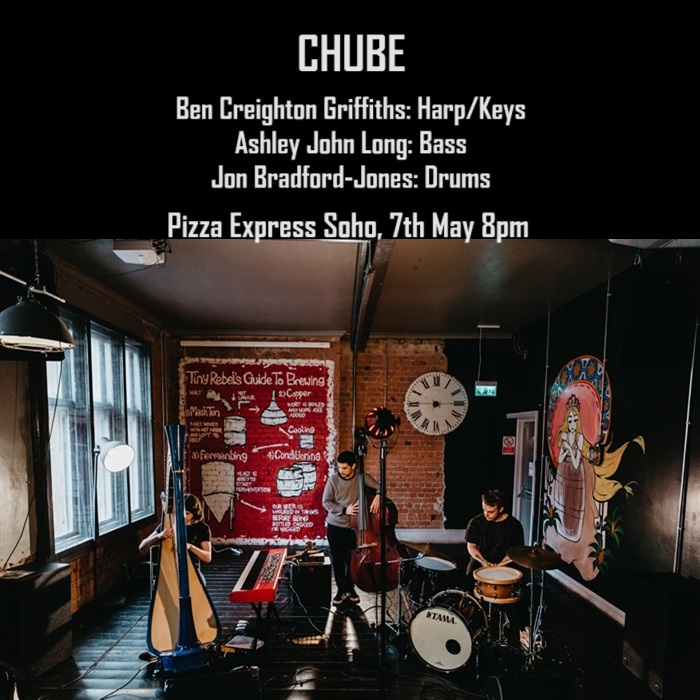


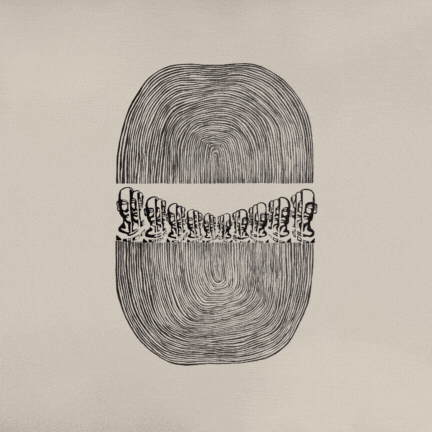


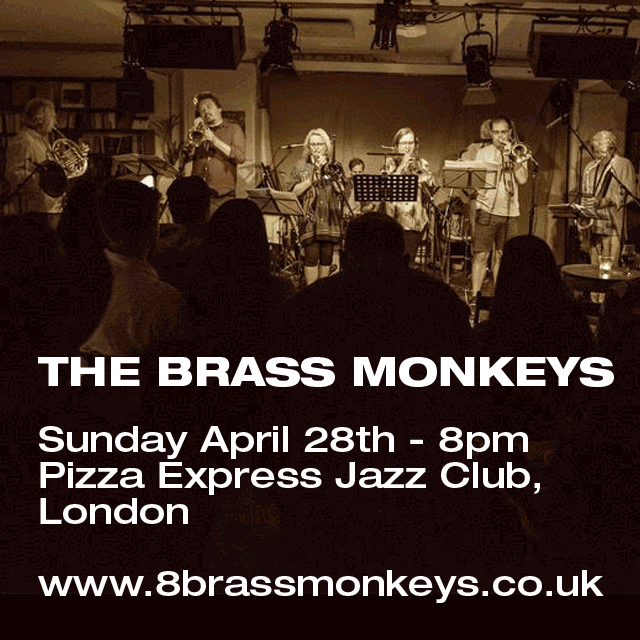
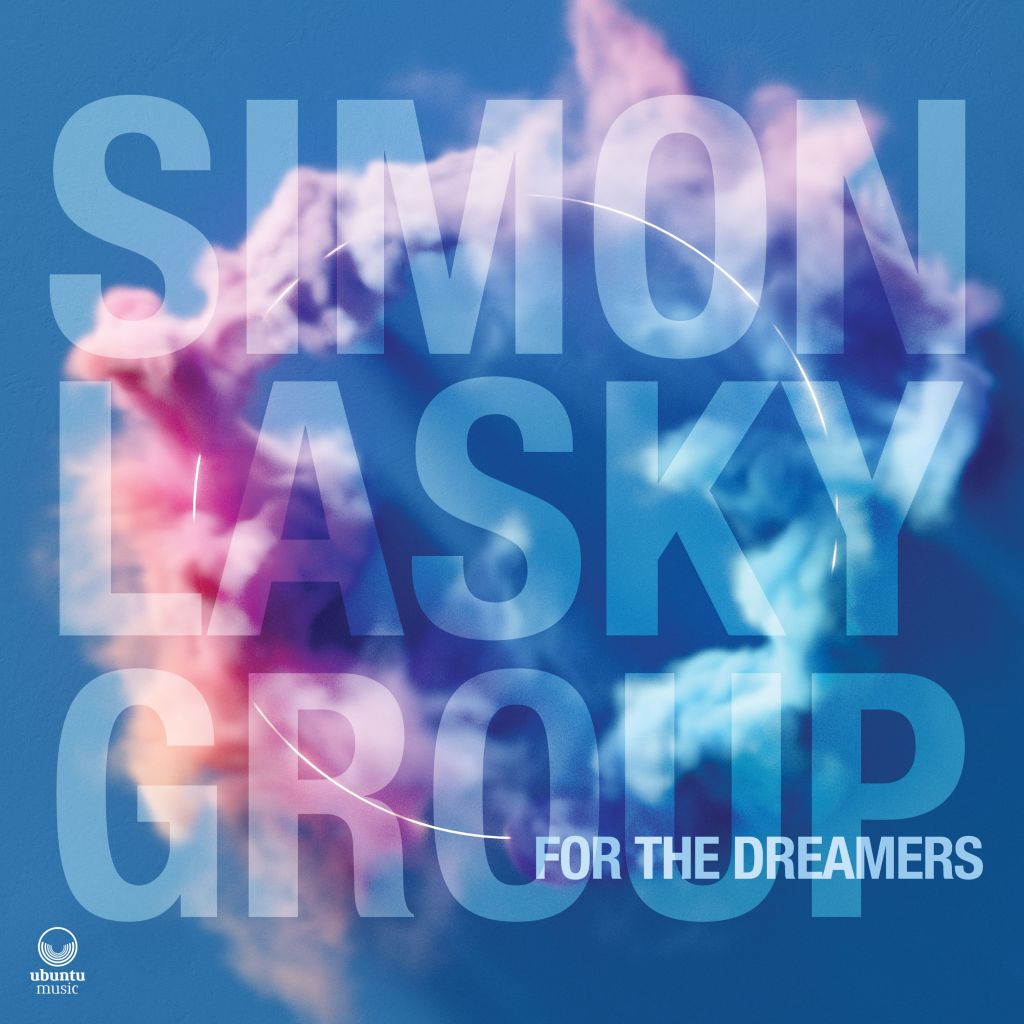
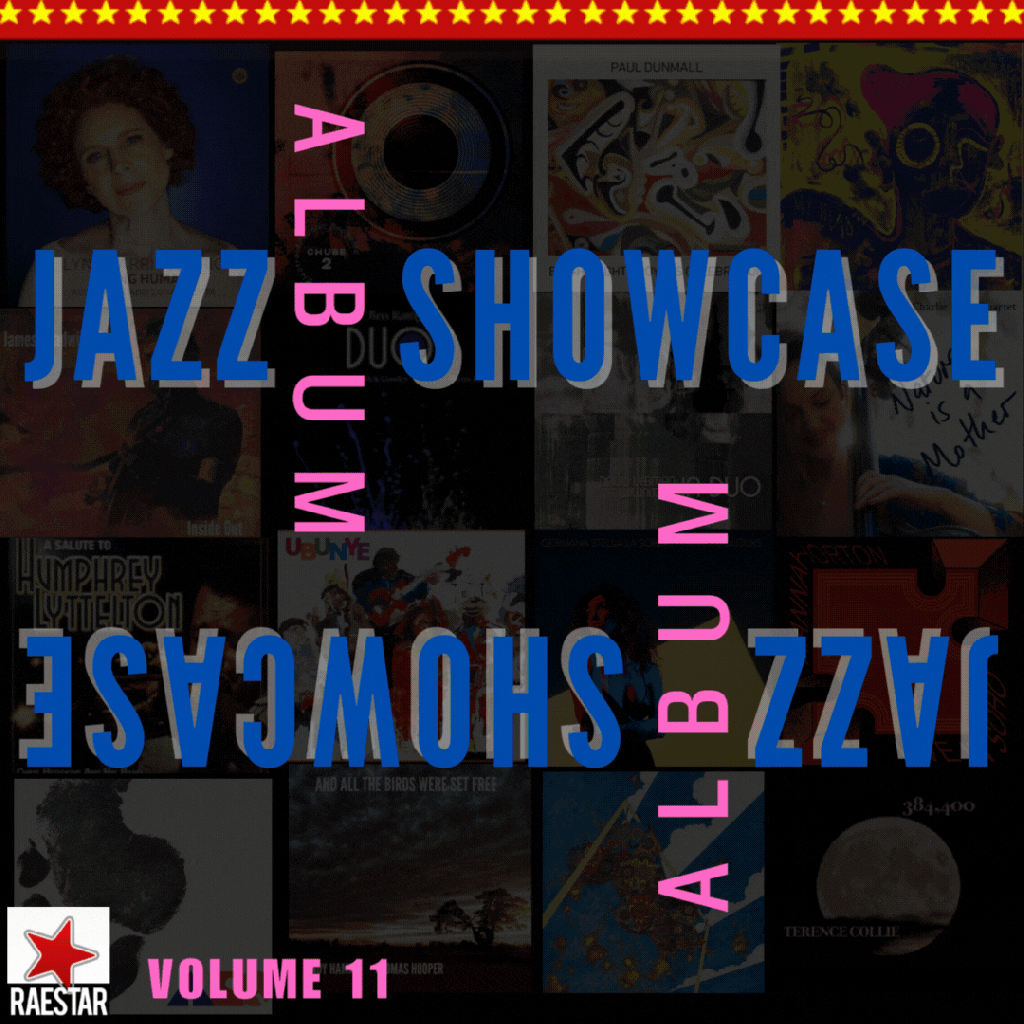

Recent Comments